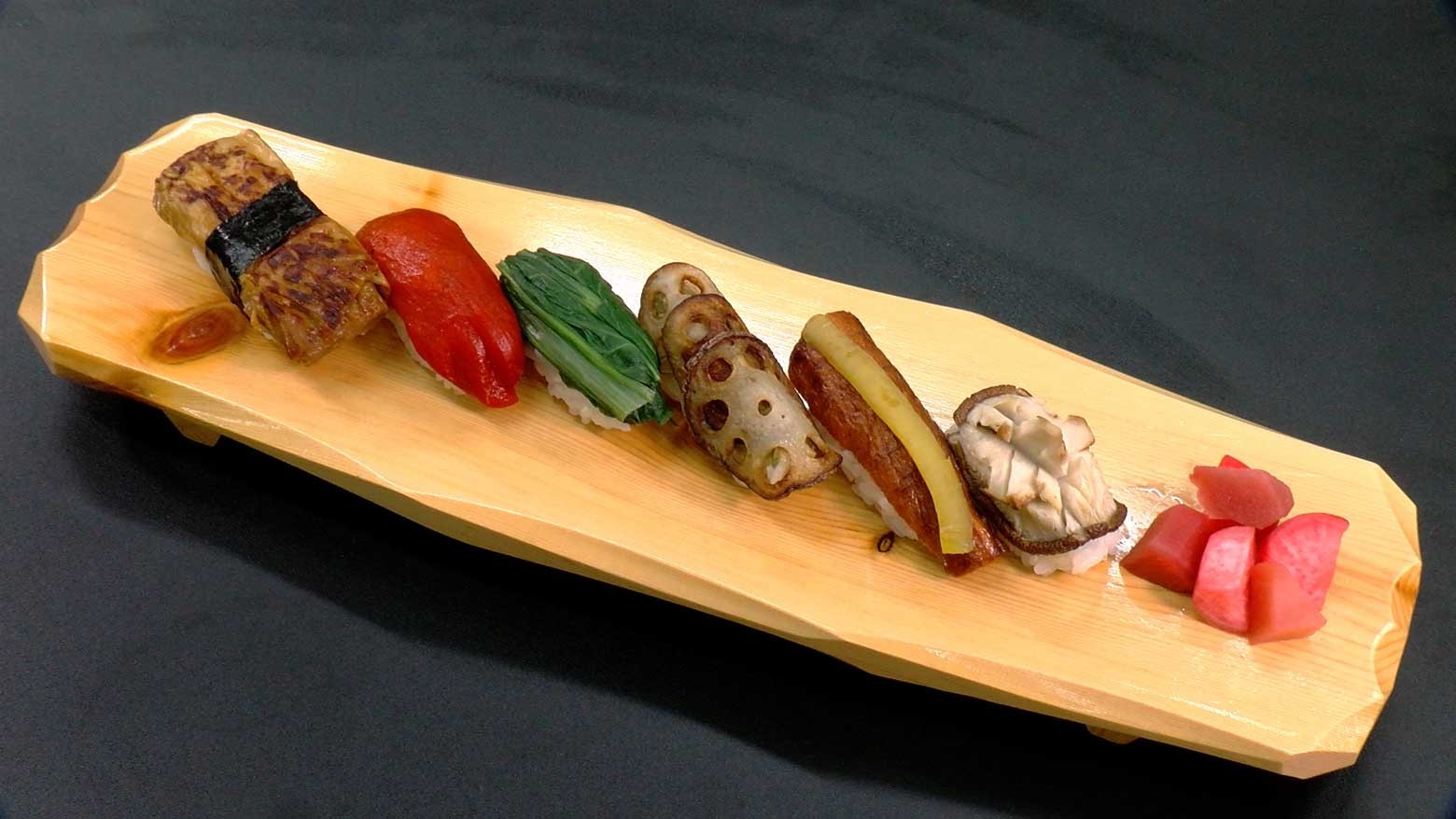One man's struggle
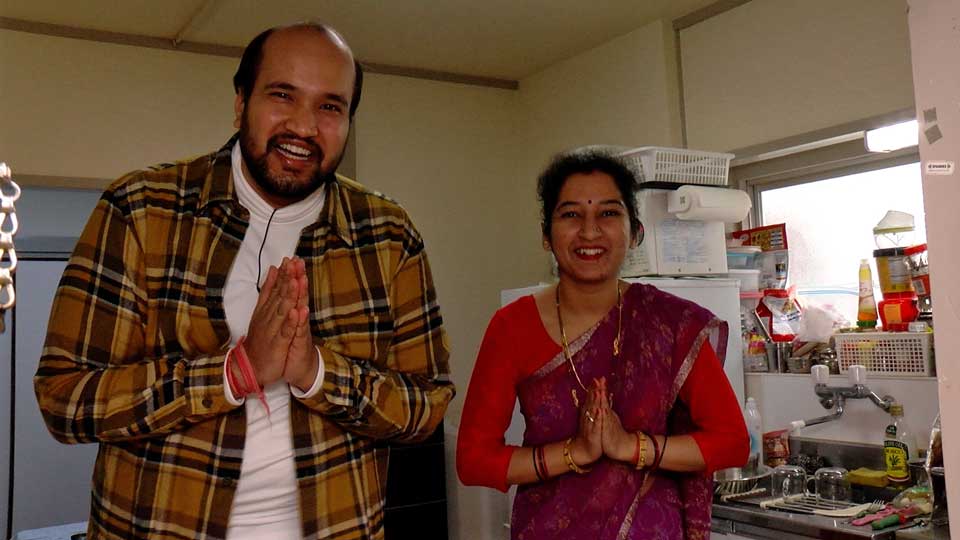
I came to Japan from India for work in March 2019. The first problem I faced was the food. As a Hindu and vegetarian, I do not eat meat, fish, or eggs, and Japan's cuisine is almost inseparable from fish. Even the term "amino acid" on an ingredient list could be something derived from animals.
Plant foods gain popularity worldwide
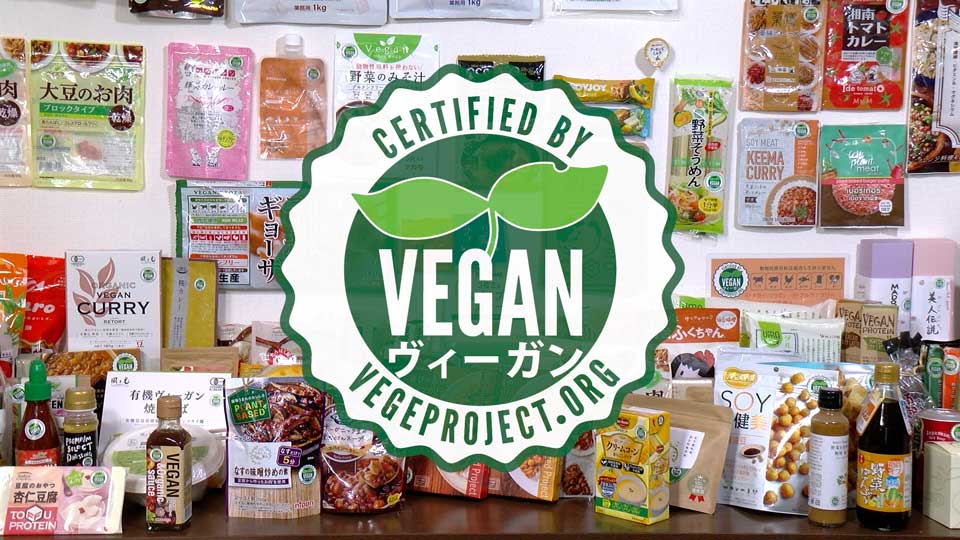
Elsewhere in the world, plant-based dietary lifestyles are growing in popularity. In Europe, the United States, and other countries, people are changing their habits for three main reasons: health, environmental concern, and animal rights.
A turning point
There was a palpable change in the years leading up to the 2020 Tokyo Olympic and Paralympic Games as chefs and shop owners prepared to cater for visitors from all over the world.

Organizations popped up to support the plant-based food movement, including VegeProject Japan which was launched by Kawano Haruko in 2016. Kawano studied at the agricultural department at Kyoto University and has an interest in environmental issues.
Her group hosts symposiums, issues certificates to restaurants that meet the criteria, and creates maps featuring establishments that offer vegetarian and vegan menus.
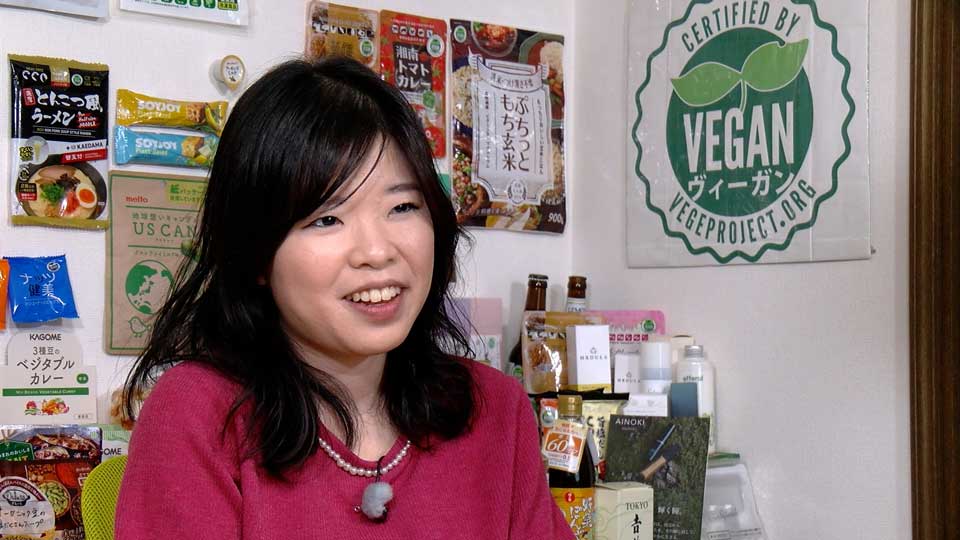
Surprising creativity
The Tokyo Metropolitan Government has hired Kawano to advise restaurants that want to offer plant-based menus. She helped one shop owner who decided to add meat-free ramen to his menu after noticing at least one vegetarian who came to his restaurant in a group was unable to eat what was on offer.
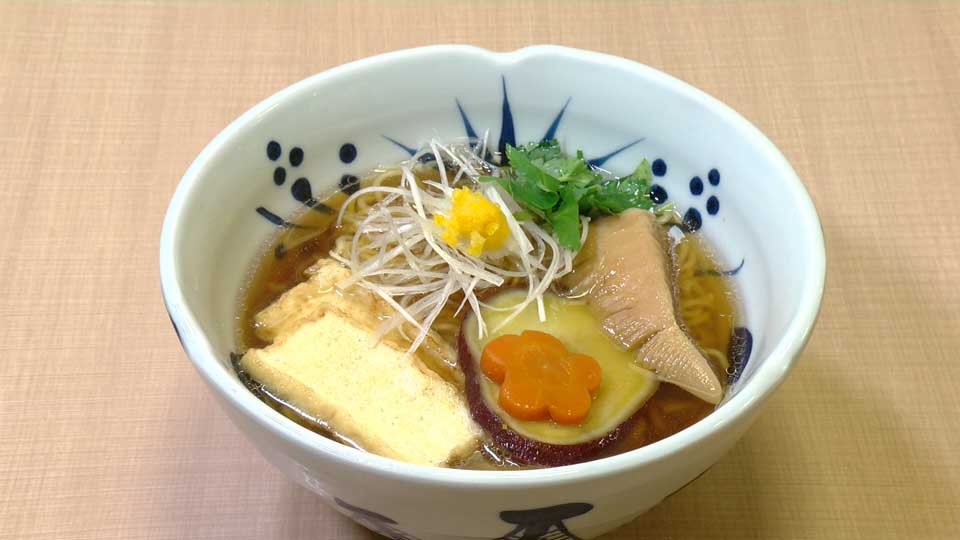
Kawano suggested using "fu," a type of gluten similar to wheat bran.

The owner liked the idea, and says he intends to study how to use fu in dishes.
Student cafeterias adapt to change
Exchange students and international enrollments have prompted change at campus eateries. Since 2022, a cafeteria at the University of Tokyo has been serving vegan curry and spaghetti.

Li Takami is a graduate student who was involved in the menu change.
She says the discussions with university co-op staff and the cafeteria manager were positive: "When they learned that young people were thinking carefully about environmental issues and animal rights, they were right on it."
Vegetable sushi revolution
A convenience store that specializes in plant-based food opened last year in Ebisu, a busy shopping and entertainment district.
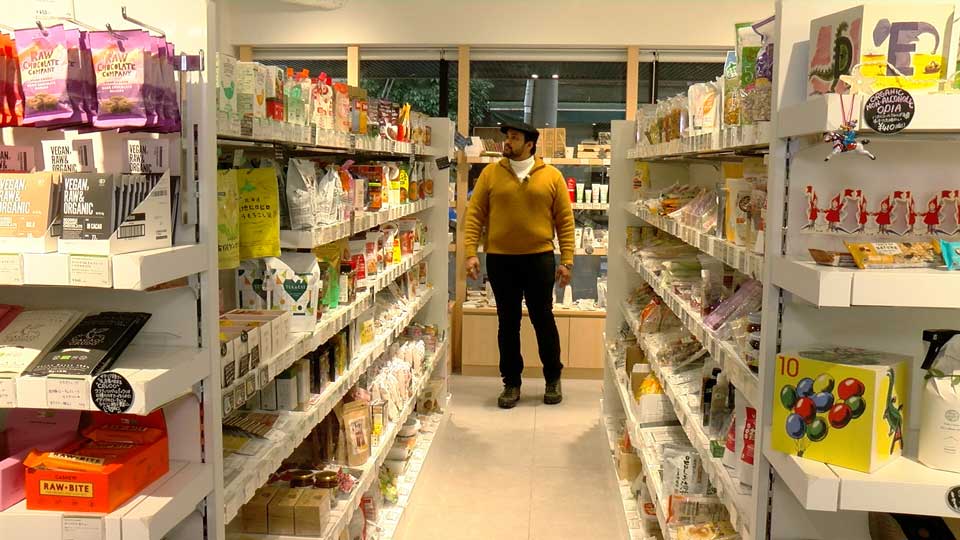
Prepared meals include sushi made with vegetables.
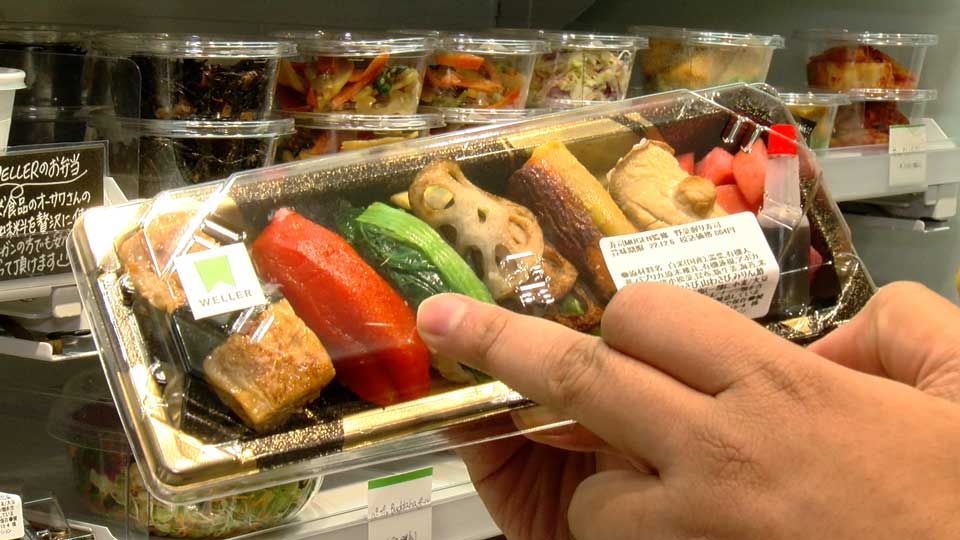
One of the items is "paprika sushi" which looks like tuna and even has a similar texture from being soaked overnight.

Sushi chef Tanimizu Ko came up with the vegetable offerings. He says the combination of vinegared rice, vegetables, soy sauce, and wasabi is exquisite. He has decided to adopt a plant-based diet for personal health reasons.

"I want more people to eat vegetable sushi, and I want to look at expanding this overseas," says Tanimizu.
Time for change

From vegetable sushi to simple additions to everyday restaurant menus, change is afoot in the kitchens of Tokyo, and the city is now a much more welcome place for people whose diet is based on plants.
